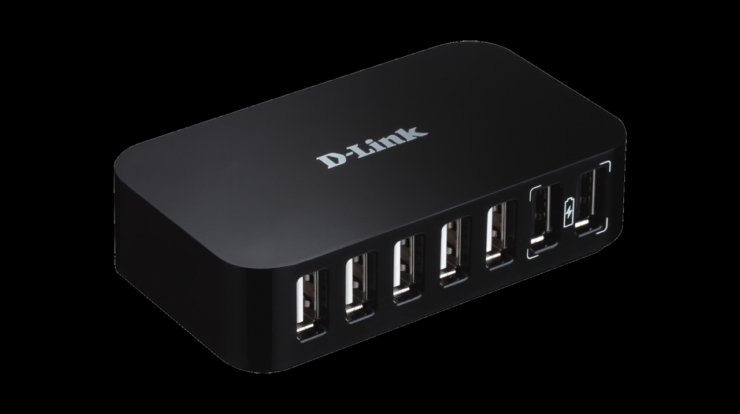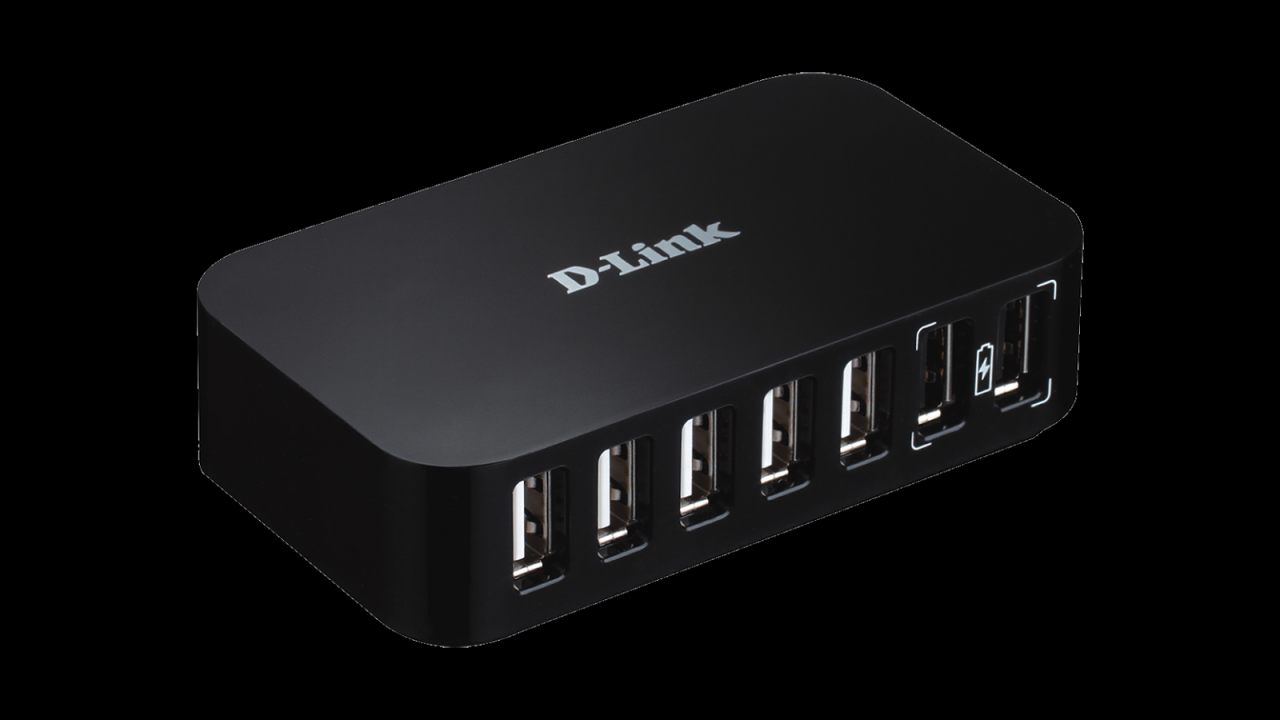
Hub definition – In the realm of networking, hubs stand as pivotal devices that facilitate the seamless exchange of data, shaping the very fabric of our digital interactions. This comprehensive guide delves into the intricate world of hubs, exploring their definition, characteristics, applications, and future trends, shedding light on their critical role in network infrastructure.
Hub Definition
A hub is a network device that connects multiple computers or devices together, allowing them to communicate with each other and share resources. Hubs are commonly used in home and small business networks, as they are relatively inexpensive and easy to set up.
There are different types of hubs, including passive hubs, active hubs, and intelligent hubs. Passive hubs simply pass on the data that they receive from one port to all other ports. Active hubs amplify the signal before passing it on, which can help to improve network performance.
Intelligent hubs can perform more advanced functions, such as error checking and collision detection.
Hub Characteristics
Hubs have several key characteristics that make them well-suited for use in networks. These characteristics include:
- Simplicity:Hubs are relatively simple devices to set up and configure.
- Affordability:Hubs are relatively inexpensive, making them a good option for small businesses and home users.
- Flexibility:Hubs can be used to connect a variety of devices, including computers, printers, and scanners.
- Reliability:Hubs are generally reliable devices that can operate for long periods of time without any problems.
Hub Applications
Hubs are used in a variety of applications, including:
- Home networks:Hubs are commonly used in home networks to connect computers, printers, and other devices.
- Small business networks:Hubs are also used in small business networks to connect computers, printers, and other devices.
- Industrial networks:Hubs are used in industrial networks to connect sensors, actuators, and other devices.
Hubs offer several advantages over other network devices, including:
- Cost:Hubs are relatively inexpensive compared to other network devices.
- Ease of use:Hubs are easy to set up and configure.
- Flexibility:Hubs can be used to connect a variety of devices.
Hub Design and Implementation
When designing and implementing a hub, there are several factors to consider, including:
- Number of ports:The number of ports on a hub determines how many devices can be connected to it.
- Type of hub:There are different types of hubs, including passive hubs, active hubs, and intelligent hubs.
- Speed:The speed of a hub determines how fast data can be transferred between devices.
- Security:Hubs can be configured with security features to protect against unauthorized access.
Hub Future Trends, Hub definition
The future of hubs is uncertain. Some experts believe that hubs will be replaced by more advanced network devices, such as switches and routers. However, others believe that hubs will continue to be used in small networks, where simplicity and affordability are important.
One of the key trends in hub development is the emergence of intelligent hubs. Intelligent hubs can perform more advanced functions, such as error checking and collision detection. This makes them more suitable for use in larger networks.
Another trend in hub development is the increasing use of PoE (Power over Ethernet). PoE allows hubs to power devices that are connected to them, such as IP phones and security cameras. This eliminates the need for separate power supplies for these devices.
Ending Remarks

As technology continues to evolve, hubs remain indispensable components of network architectures, ensuring reliable and efficient data transmission. Their versatility and adaptability make them essential for businesses, organizations, and individuals alike, empowering them to harness the full potential of the digital age.
FAQ: Hub Definition
What is the primary function of a hub?
Hubs serve as central connection points in a network, allowing multiple devices to communicate and exchange data.
What are the key characteristics of a hub?
Hubs are typically characterized by their simplicity, low cost, and ease of installation and management.
What are the different types of hubs?
Hubs come in various types, including active hubs, passive hubs, and intelligent hubs, each with its unique features and capabilities.
What are the advantages of using hubs?
Hubs offer several advantages, including cost-effectiveness, ease of use, and the ability to expand networks easily.
What are the limitations of hubs?
Hubs have certain limitations, such as limited bandwidth, potential for data collisions, and lack of advanced features.




